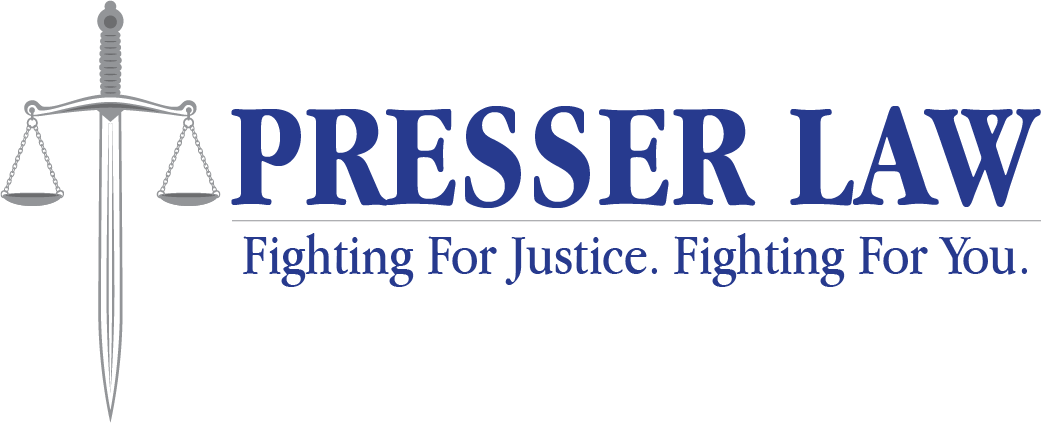
The Federal Tort Claims Act (FTCA) is the exclusive means by which a party may seek financial compensation for injury caused by a federal employee. The Federal Tort Claims Act sets forth the procedure for when, and how, to file a claim for injury caused by a person acting on behalf of the United States. This complex law provides limited waiver of sovereign immunity by the government to redress physical injury.
Under the Federal Tort Claim Act the federal government acts as a self-insurer for the wrongs committed by employees acting within the scope of their official duties. A common example of this may be a car accident involving a United States Postal Service vehicle. In an instance where a USPS truck causes a car accident, any claim would be made against the United States. This would also be true if the USPS truck were to strike a motorcycle or hit a pedestrian.
WHAT TYPES OF CLAIMS ARE COVERED UNDER THE FTCA?
While the FTCA is itself broad, there are limitations. The FTCA applies only to federal employees. Independent contractors are not covered. In addition, most intentional misconduct is excluded unless it involves a federal law enforcement officer. In addition, the cause of action must be based on the laws of the state in which the harm occurred.
The procedure by which a claim can be made can be found at 28 U.S.C. Part VI, Chapter 171 as well as 28 U.S.C. §1346. These procedures are complex and if improperly followed, may result in someone being unable to bring their claim.
KEY TAKEAWAYS ABOUT FTCA INJURY AND WRONGFUL DEATH CLAIMS
- A Standard Form 95, or something similar, must be completed and submitted in its entirety when making a claim for property damage, personal injury, or death caused by a federal employee.
- The Standard Form 95 requires you to complete the amount of the claim for which you are submitting as well as additional information. This includes your claim for property damage, personal injury, and wrongful death.
- You must submit the Standard Form 95 to the appropriate federal agency.
- No lawsuit can be filed until the appropriate federal agency 1) provides you with a denial of the claim in writing via certified or registered mail, or 2) fails to make a final disposition of the claim within 6 months after it is filed, whichever is sooner.
- Should a lawsuit become necessary, the lawsuit must be filed in federal court and the defendant must be named as the “United States of America.”
- FTCA limits what attorneys may charge or collect. Attorneys may not charge or collect more than 25% of any judgment rendered. Attorneys may not charge or collect more than 20% of any settlement.
- The United States is not liable for interest prior to any judgment or for punitive damages.
GET STARTED WITH JUSTIN PRESSER & FIND YOUR JUSTICE
Filing a claim for injury or wrongful death under the Federal Tort Claims Act can be difficult. Those affected need to hire an attorney who understands the pitfalls of the FTCA and how to navigate its requirements.
Attorney Justin Presser has handled a variety of FTCA claims to their conclusion. He understands how to maximize the financial compensation for his clients and how to navigate the pitfalls of the FTCA.
GET YOUR FREE CAR ACCIDENT, INJURY OR WRONGFUL DEATH CASE REVIEW WITH AN EXPERIENCED ATTORNEY TODAY
If you have been injured in a car accident or recently lost a loved on, contact Presser Law for a free case review with an attorney to determine your legal rights. For over 10 years, Justin Presser has represented car accident and injury victims throughout Central Florida in their times of need and he would be honored to help you as well.
Click For Free Case ReviewAbout Injury and Wrongful Death Attorney Justin H. Presser
Justin H. Presser is an award-winning lawyer and founder of Presser Law, P.A. representing clients in the areas of personal injury, car accidents, motorcycle accidents, wrongful death and more. With an office located in Altamonte Springs, Florida, Presser Law, P.A., proudly services clients throughout Central Florida including the following areas: Orange County including Orlando, Ocoee, Doctor Phillips, Apopka, Winter Garden, Winter Park, Maitland, College Park, Thornton Park; Seminole County including Altamonte Springs, Longwood, Winter Springs, Lake Mary, Oviedo, Casselberry, Chuluota; Lake County including Clermont, Mount Dora, Eustis, Tavares, Leesburg, Sorrento; and Brevard County including Melbourne, Merritt Island, Cocoa Beach, Titusville, Palm Bay.
We are social:






